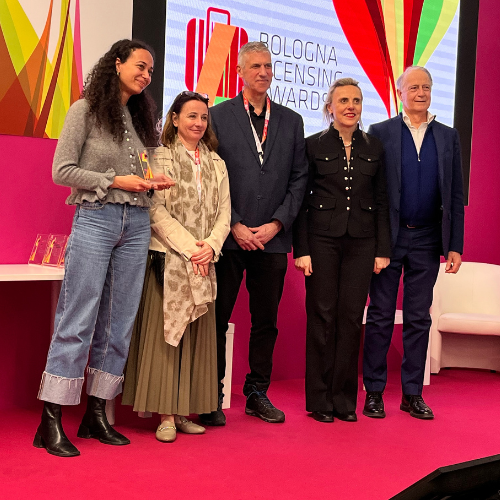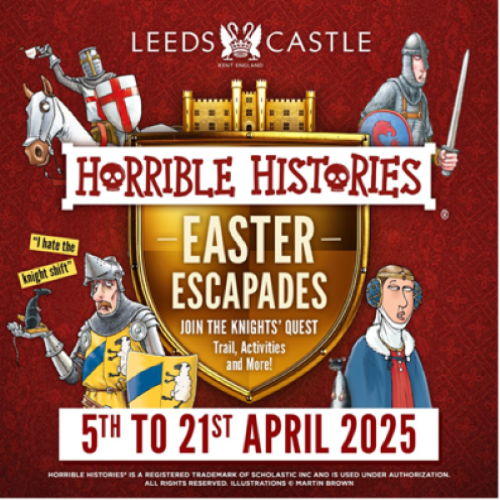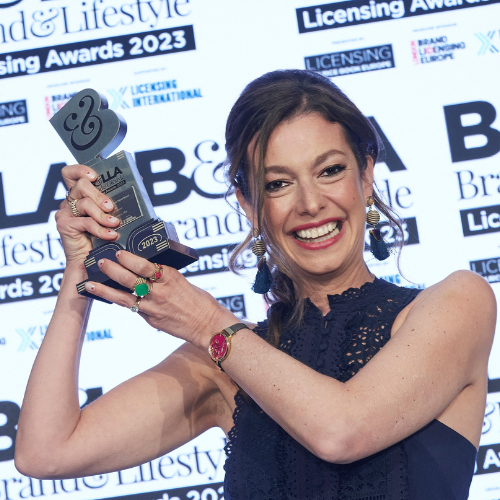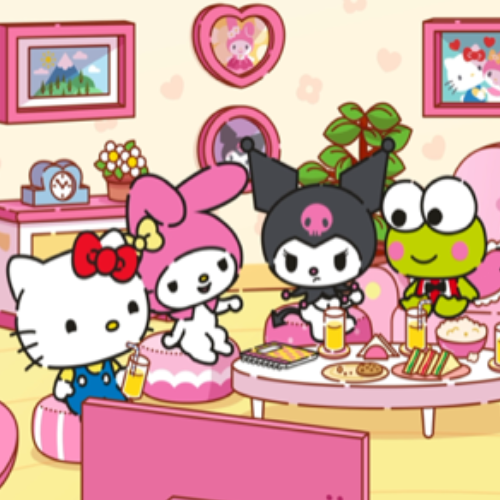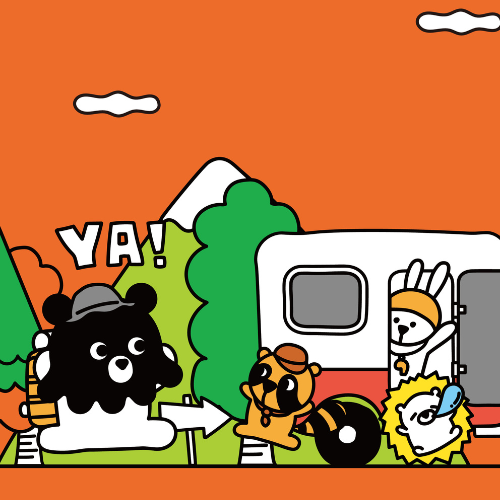The Source speaks to head of brand partnerships, Marcus O’Shea on how the charity’s licensing programme is taking shape.
It’s been eight years since Help for Heroes was founded, with the aim of providing direct support to wounded, injured and sick veterans, servicemen and women, and their loved ones.
In that short time, it has become one of the nation’s best-known charities and also one of the most respected military charities. Indeed, Help for Heroes is seen by the majority of the British public as a way for them to express their gratitude to the armed forces.
“We’ve created something which didn’t exist before, and that is a recovery capability for the wounded, injured and sick,” explains Marcus O’Shea, head of brand partnerships at the charity. “Our job now is to make sure that capability stays there for the people who need us right now, and for the people who will need us in the future.”
This, of course, means generating income away from the collection tin. Step forward licensing, but with the added responsibility of making sure products reflect the values that the charity stands for. “We’ve always had some sort of licensing function going on,” Marcus continues. “It began with the wrist bands and then the Help for Heroes hoodie, and the brand just really grabbed people.
“Help for Heroes represents a cohort of people who share a set of values, beliefs and the need to support the armed forces and a huge sense of pride to be British. Merchandise for us was an income generator and a way of letting people get involved. Responsibly licensing the brand should be as much a part of the income mix as the collection tin.”
Marcus has spent the last year and a half getting to grips with the charity’s licensing programme, with the aim of moving it from what he describes as a ‘reactive footing’ to a more proactive one.
“What I’m trying to do is make sure that the interest in the brand is maintained, as well as keeping the value of it for fundraising purposes,” he says. “I’d like to have fewer, bigger, better partnerships that will support our services. Ideally I would like us to get down to between ten and 15 solid licensing partners that we can work with on long-term plans, adding the Help for Heroes value to a licensing arrangement that you probably wouldn’t get with any other charity brand owner.”
Part of this unique value is actually involving some of the Help for Heroes’ ‘Band of Brothers’ in the creation of the product. A good example of this is the creation of the Help for Heroes Blonde Ale with Marston’s Brewery – three ex-servicemen worked on the beer’s recipe with the master brewer in 2014 and the finished product hit pumps earlier this year. It has now sold its millionth pint.
“For me, that is a masterclass in how I’d like our licensing to run,” Marcus continues. “The magic element of having the Band of Brothers involved creates a whole lot of interest. When you work with Help for Heroes, you are supporting the wounded, injured and sick, and that exercise with Marston’s was a perfect example of that.”
Other key relationships include Diageo and the Bells brand, which has raised over £1 million with a label takeover on the whisky bottles, plus Noble Foods and the Eggs for Soldiers brand, which has given in excess of £1.2 million to the charity. Dewalt Power Tools has also been enjoying great success with Help for Heroes branded tool kits.
The charity is heading to Brand Licensing Europe for the first time this week to further raise its profile – with Marcus also looking to bring some insight into what charities look for in licensing partners during a dedicated seminar. Over the course of the next year, he is keen to move into the non-food sector, with toys being a particular target, and BLE is all about testing the water for genuine interest.
“We want to let the industry know we are open to ideas. Our licensing programme is already at £2.5 million a year and we see it as a long-term income stream for us,” Marcus concludes.












